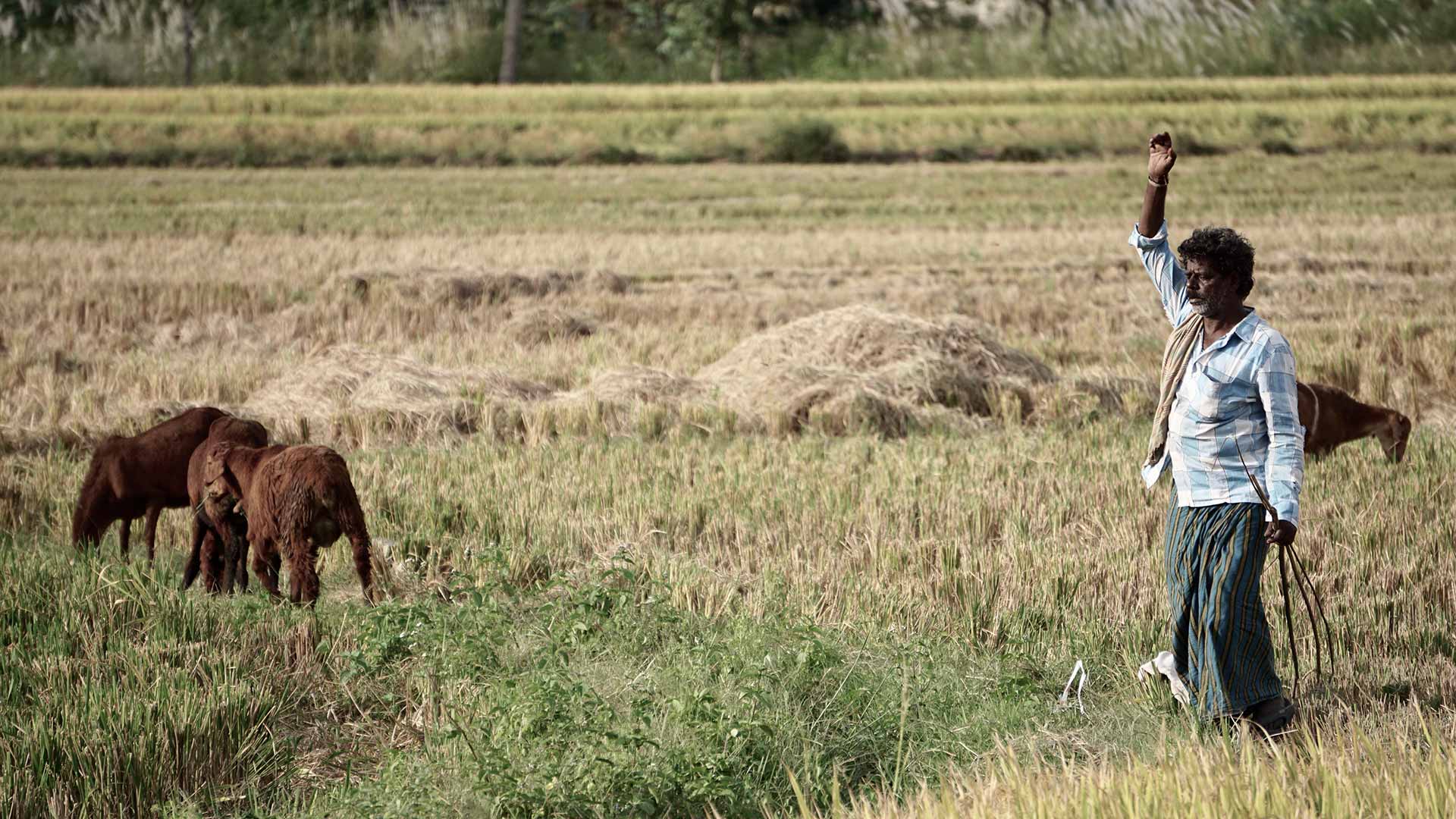Micro franchising for the last mile delivery to the base of the pyramid in India: The case of TARAlife
by Katherine Eve Platzer
Abstract
It is argued that the micro franchise business model is probably the most effective way to combat poverty. This thesis aims to test the potential of the micro franchise business model as a last mile distribution strategy for TARA, an Indian social enterprise. TARA develops solutions for the underprivileged that face environmental and development challenges. The organization struggles to establish effective last mile distribution channels to make these solutions available to the people who need it most and have therefore caught interest into the new and promising development tool.
Since literature does not provide sound theoretical knowledge on how to develop a micro franchise, the first part of the thesis is concerned with the design of a micro franchise development framework. As a first step, TARA micro franchise objectives are defined and prioritized. Then, information is collected in terms of lessons learnt from organizations with similar objectives as well as the business environment in which the future micro franchise will operate in. Based on these findings, business decisions are made in terms of the overall strategy, the design of the TARA-franchisee as well as the franchisee-customer relationship. The TARA-franchisee relationship is defined in terms of seven key characteristics while the franchisee-customer relationship is determined by the Canvas Business Model.
The micro franchise model has shown to be a suitable model to ensure the last mile distribution in terms of coverage and sustainability. However, TARA is not quite ready to implement a sustainable micro franchise model. At this stage, it is not possible to define the ‘’business in a box’’ model since the products currently sold by TARA do not exhibit large enough margins to ensure an adequate and secure income source for the franchisee.

